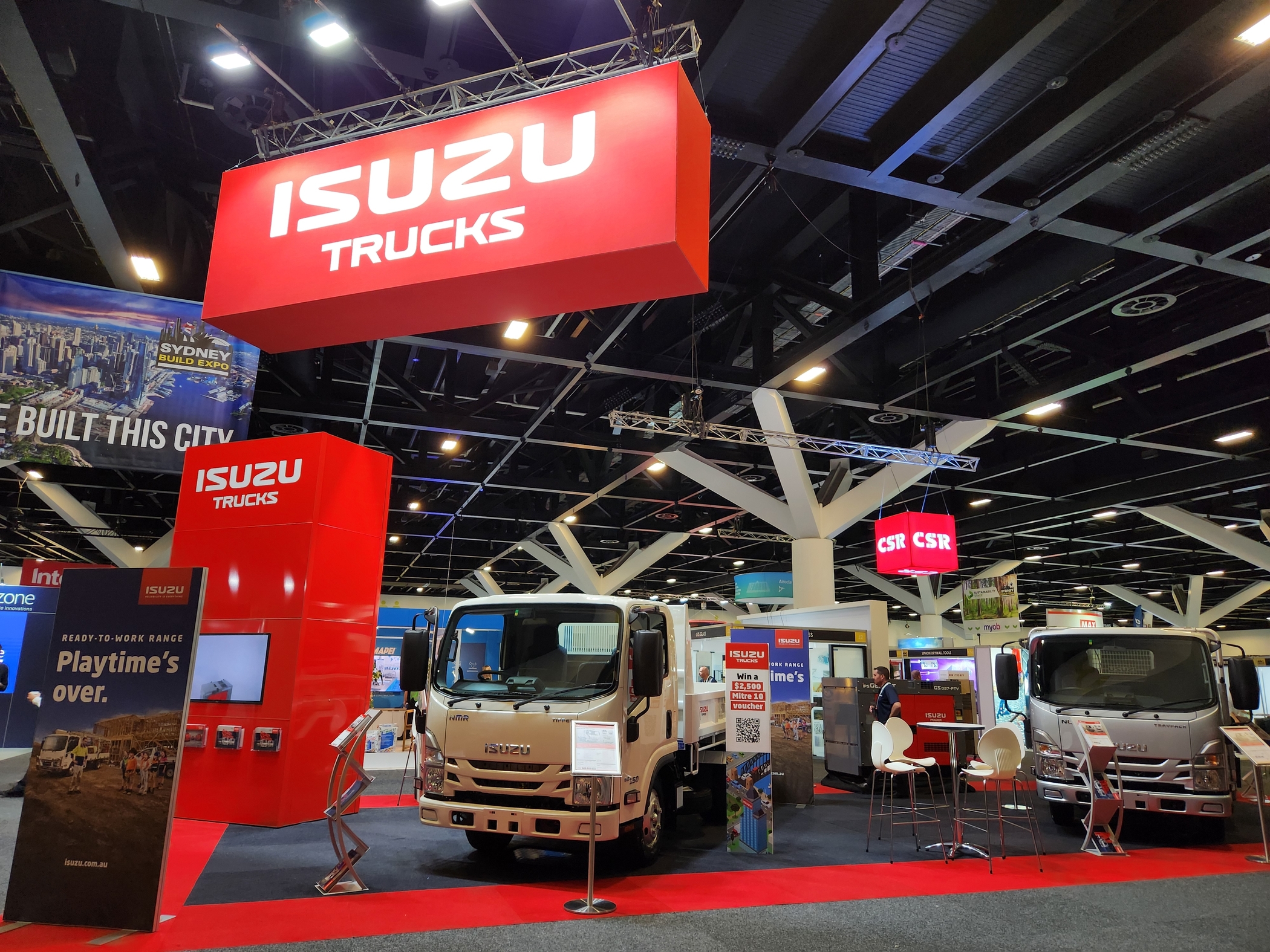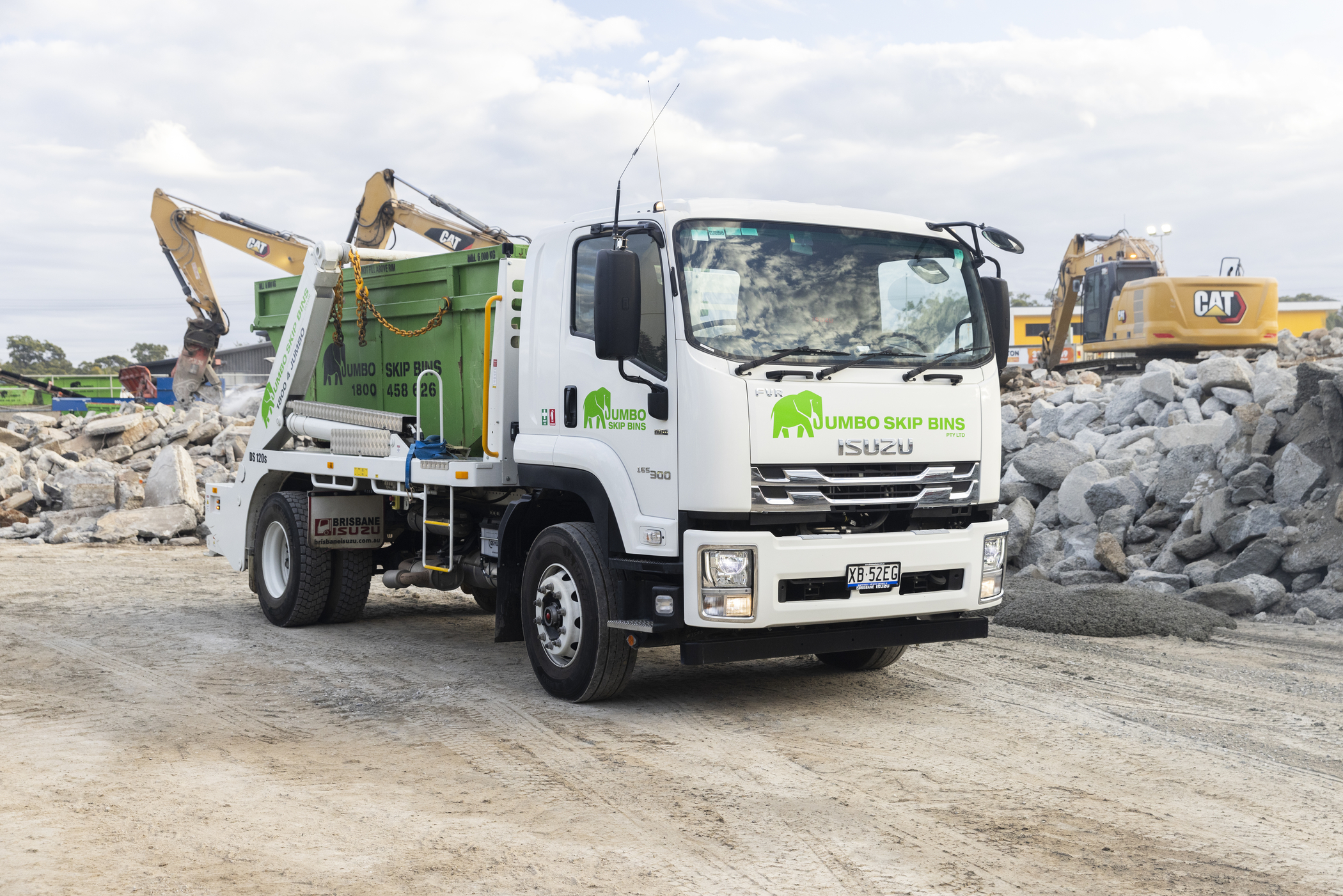10 WAYS TO MAKE YOUR FLEET COR COMPLIANT

Now more than ever, we are relying on the national supply chain to deal with the transportation of critical goods and equipment, including medical supplies, food and water, as well as the relentless demand of providing households with access to daily consumables.
Sadly, each year, too many people never make it home to their families because they become one of the statistics of fatal accidents with heavy vehicles on Australian roads.
At its heart, Chain of Responsibility (CoR) legislation is designed to provide a safe working environment for everyone in the transport supply chain, while also improving overall road safety.
To ensure each link in the chain remains solid, adhering to CoR is vital and applies to owners and operators within everything from smaller businesses to the largest corporations in the country.
Unfortunately, recent research reveals that small and medium-sized truck fleet owners and managers are not taking CoR as seriously as they should be. Many admit they have no CoR plans or processes currently in place at all.
With this in mind, here are our top 10 tips for keeping your truck fleet CoR-compliant.
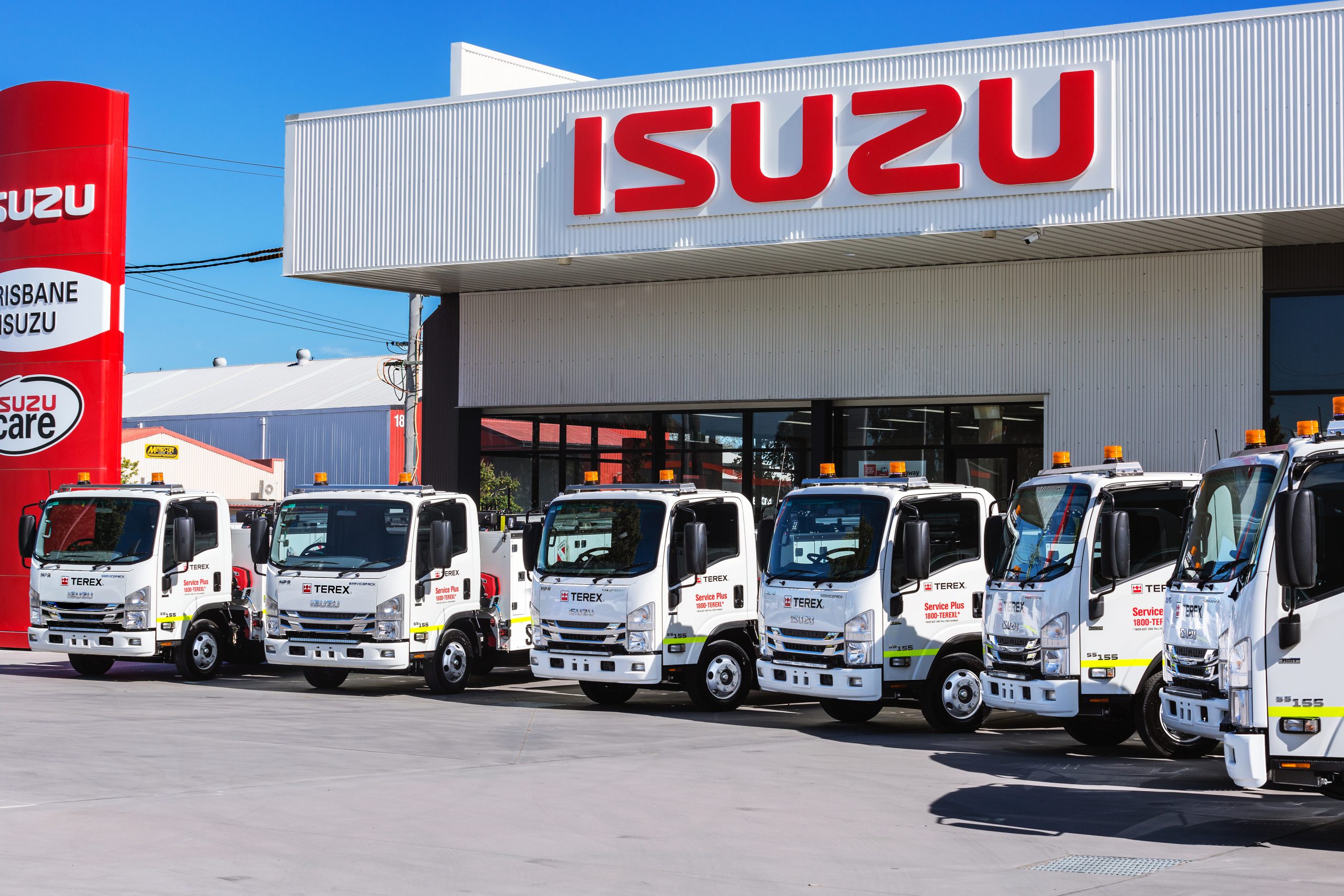
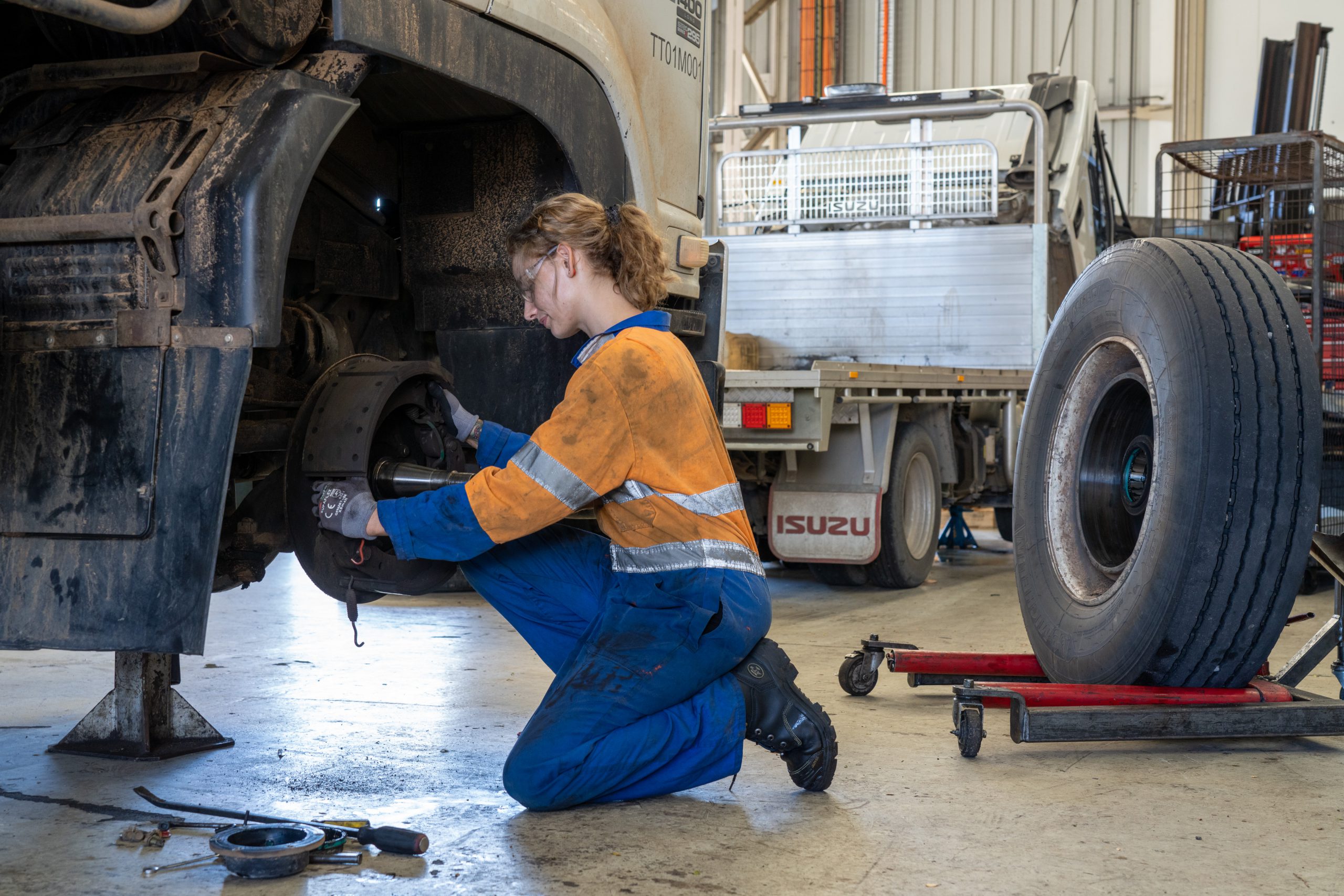
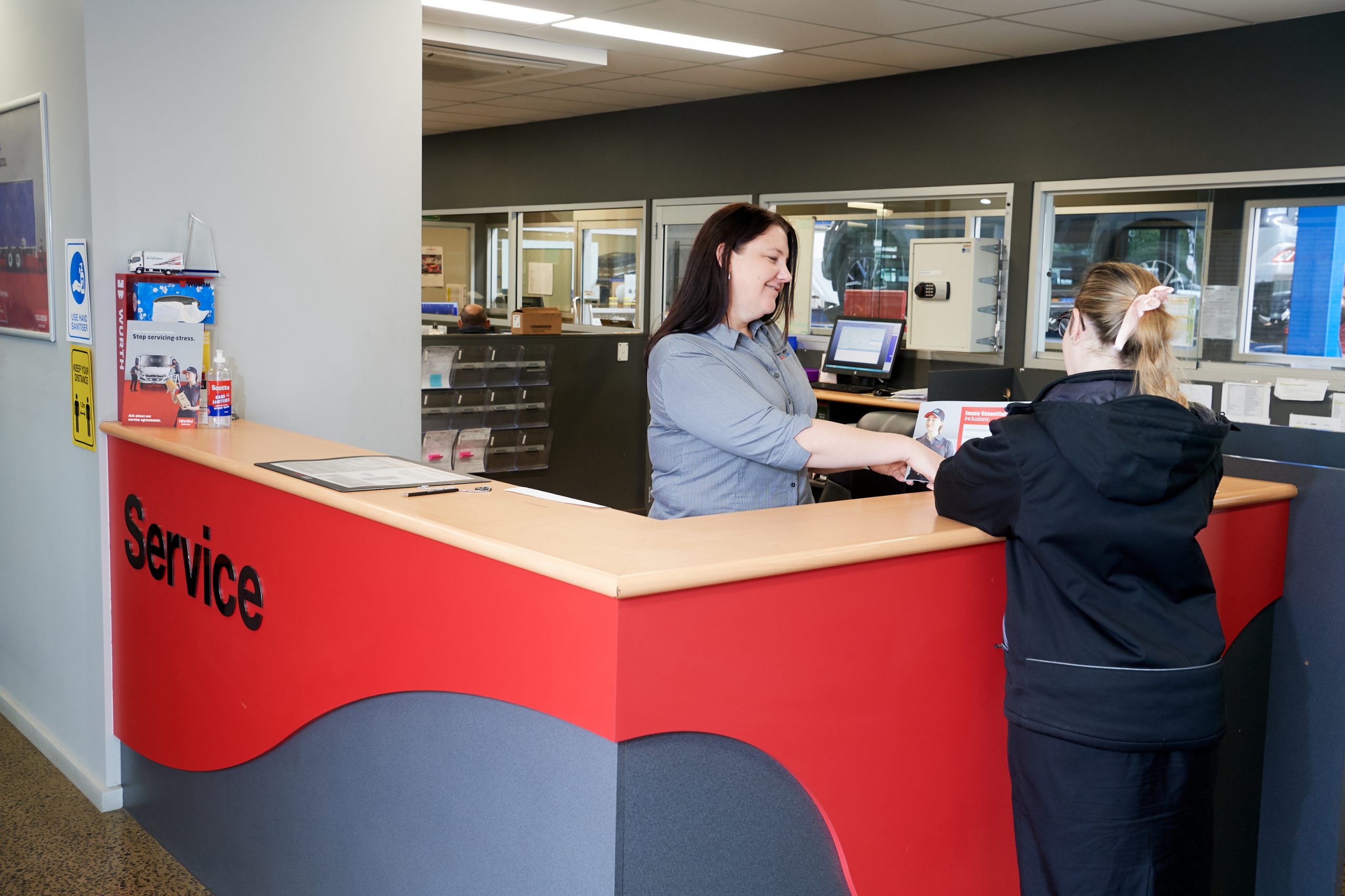
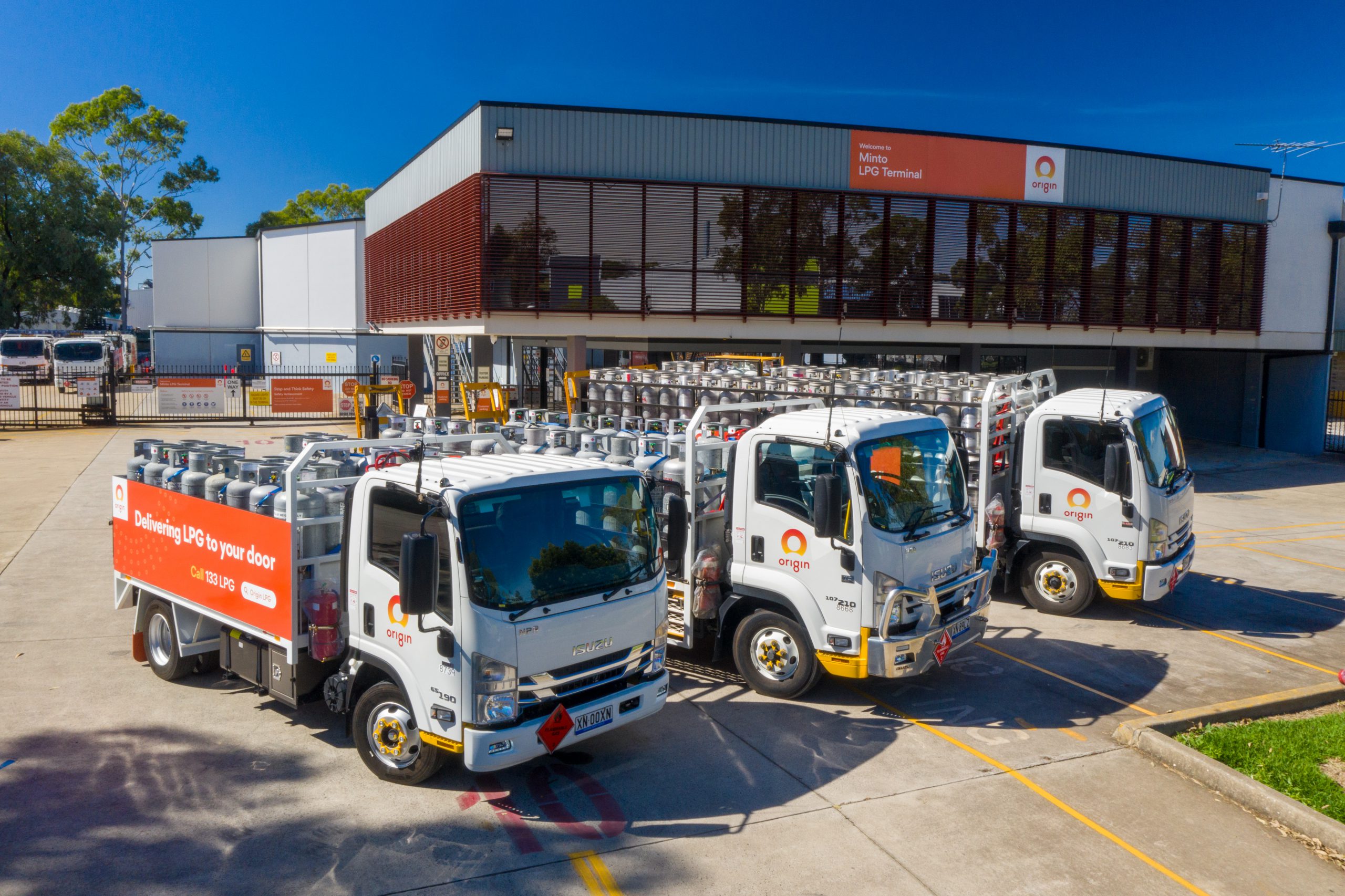
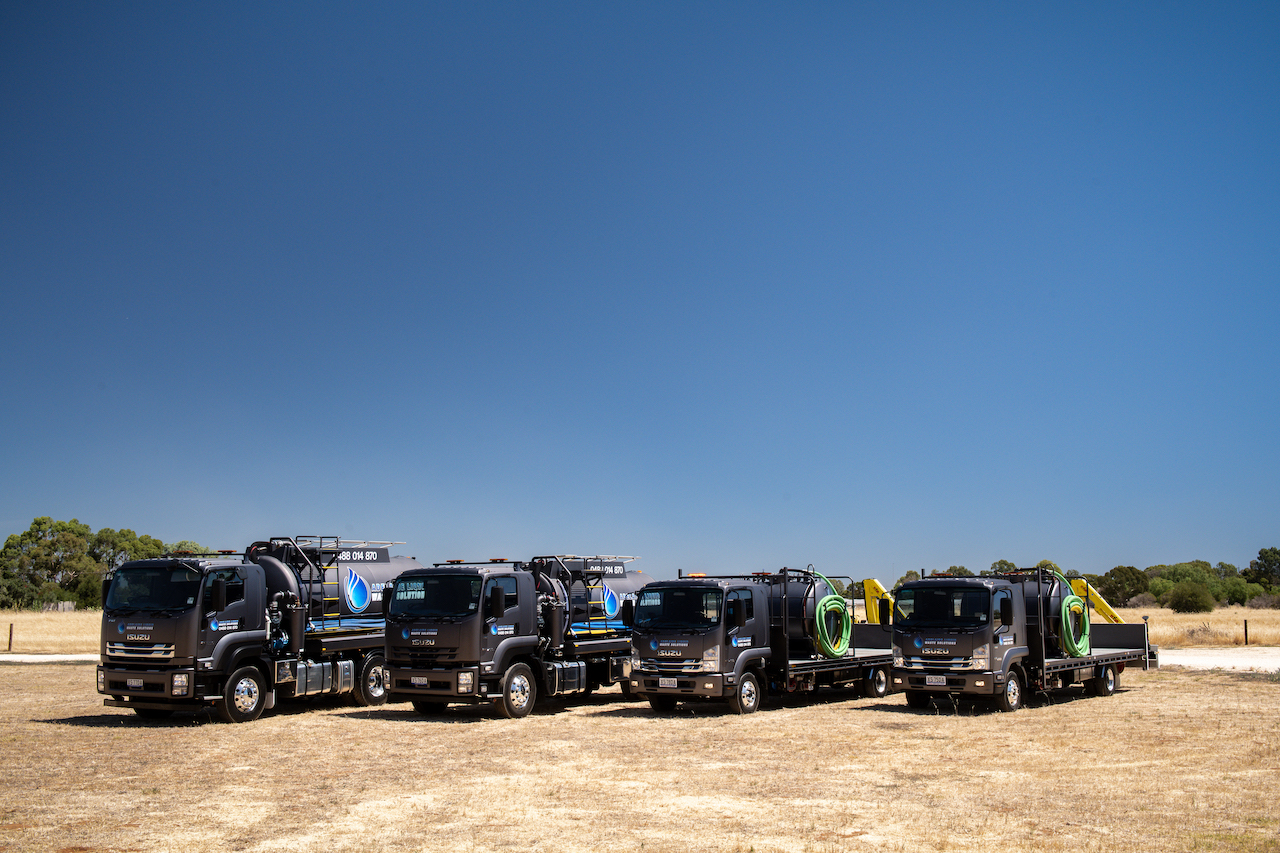


-
Regular vehicle maintenance

-
Use genuine OEM parts
-
Use an OEM-trained technician or dealership

-
Safety features save lives… and money
-
Make fatigue management a priority
-
Say NO to overloading

-
Create a culture of communication
-
Use telematics
-
Watch your speed

-
Change driver behaviours
Don’t let CoR-compliance failure harm your business… or risk lives
To date, research into how business operators are adhering to CoR-compliance has highlighted a definite gap in awareness, showing that large fleet operators are performing better in developing and implementing CoR-related policies. With regulatory compliance such an integral part of large fleet-management, this makes sense, but does not lessen the need for single-vehicle owners and operators of small fleets to pay the same attention to issues of CoR-compliance. The good news is that achieving CoR-compliance is relatively straightforward—provided you understand the requirements in place. By starting with the 10 steps that we have shared here, you’re on a positive journey towards greater safety for everyone involved in the transport supply chain. Want to read more about how Aussie fleets are handling Chain of Responsibility laws? Click here to see our Future of Trucking: The Road Ahead report.


Playtime’s over, get $3,500* to spend on extras.
If you’re ready to get serious about tackling bigger jobs, grab yourself an NLR 45-150 AMT SWB Traypack from the Ready-to-Work range for $62,990 drive away*. And to prove we aren’t playing, buy any NLR Traypack before June 30 and you’ll get $3,500* to spend on genuine accessories or an Essentials service agreement.
Learn more
